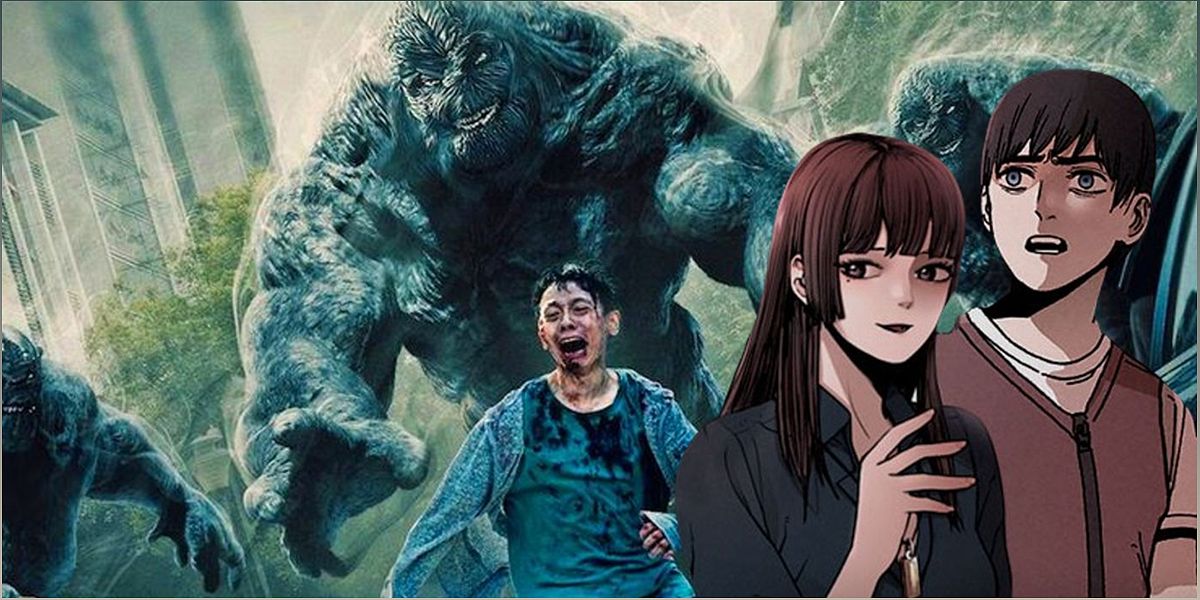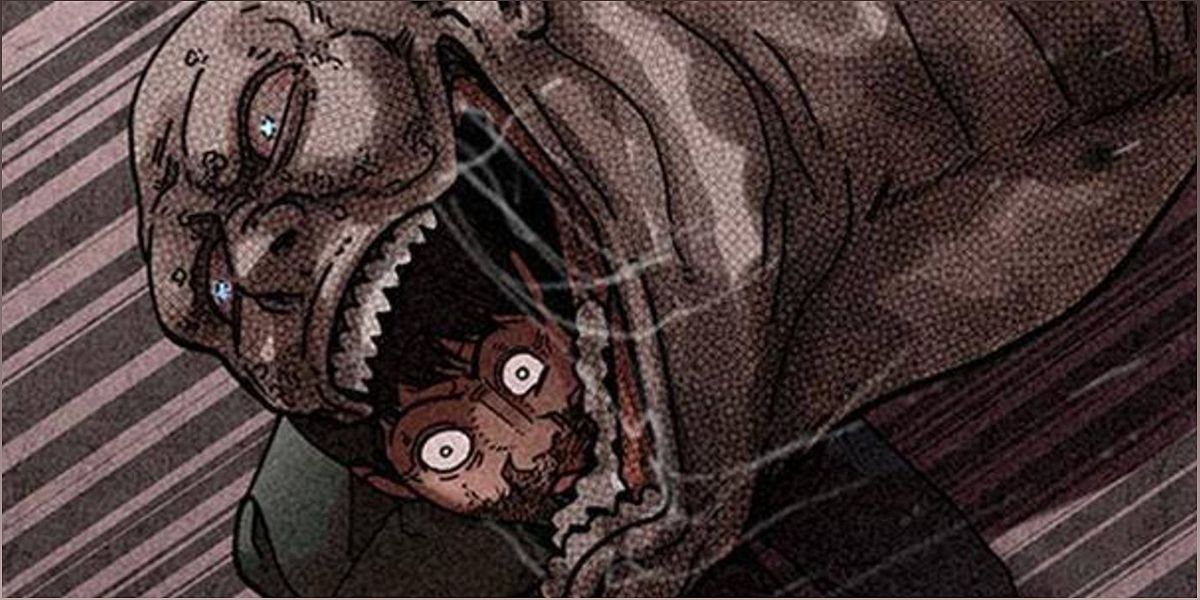Exploring Themes of Violence and Divine Retribution in Korean Manhwas

Delve into the themes of violence and divine retribution in Korean manhwas like The Predator and Hellbound, as they raise ethical questions about society’s perception and reactions to brutal acts and divine intervention.
Exploring Themes of Violence and Divine Retribution in Korean Manhwas
The Predator and Hellbound are two popular Korean webtoons that delve into similar themes, primarily centered around how humanity perceives violence and acts of divine retribution. Both manhwas explore thought-provoking narratives that challenge readers to contemplate the nature of violence and the role of a higher power in human affairs.

( Credit to: Screenrant )
Hellbound, a Korean webtoon that inspired a hit Netflix series, revolves around prophecies foretelling the damnation of sinners and the subsequent appearance of terrifying apparitions that execute them. The story raises ethical questions about whether a higher power has the right to condemn humans when a judicial system already exists. On the other hand, The Predator takes a different approach by closely following its eponymous monster and the humans who become entangled with it, presenting a darker tone and distinct storytelling approach.

( Credit to: Screenrant )
Hellbound: A Glimpse into Divine Judgement
Hellbound, a popular Korean webtoon, revolves around humanity’s response to prophecies foretelling the damnation of sinners and the subsequent appearance of terrifying apparitions that execute them. The manhwa explores how society perceives these violent acts and raises ethical questions about the role of a higher power in condemning humans when a judicial system already exists.
The story follows police officer Gyeonghun Jin, who grapples with his wife’s killer receiving a lenient sentence and his son’s involvement with a religious cult known as The New Truth. The manhwa delves into the contrasting views of The New Truth, who see the victims as sinners deserving of their fate, and Gyeonghun and the police, who consider them victims and the apparitions as vigilantes. This dichotomy adds complexity to the ethical dilemmas presented in Hellbound.
The Predator: Unleashing a Darker Side
In contrast to Hellbound, The Predator takes a different approach by closely following its eponymous monster and the humans who become entangled with it. The manhwa begins with Sangjin, a boy terrorized by the predator that resides with him. To prevent the creature from devouring him, Sangjin seeks out other victims but only targets individuals deemed as horrible people, alleviating his conscience.
However, when Jiwon, a cultist from The New Truth, becomes involved, she believes the predator to be the god Lord Molar, enacting divine judgment upon the unworthy. Jiwon’s lack of moral qualms and excessive use of the predator forces them to flee, leading them to encounter a man terrorized by one of his customers. When the predator spares the man’s life, he praises the monster, seeking divine retribution against his tormentor.
Dilemmas of Violence and Divine Retribution
Both The Predator and Hellbound present moral dilemmas surrounding violence and divine retribution. In Hellbound, the manhwa explores how society perceives and reacts to violent acts through the contrasting views of different characters. The New Truth sees the victims as sinners deserving punishment, while Gyeonghun and the police consider them victims and the apparitions as vigilantes.
The Predator tackles similar dilemmas but places a stronger emphasis on violence and divine retribution. The manhwa portrays the predator preying on individuals who, in many cases, are deserving of their fate. However, it also explores the consequences it has on both the victims and those associated with it, delving into the potential transformation of decent individuals into monsters themselves.
Conclusion
The Predator and Hellbound, two Korean manhwas, delve into themes of violence and divine retribution. While both explore how society perceives brutal acts and divine intervention, they differ in their storytelling approaches. Hellbound focuses on the ethical questions surrounding the actions of terrifying apparitions, while The Predator closely follows the titular monster and the consequences of its violent acts.
Both manhwas provide thought-provoking narratives that challenge readers to contemplate the nature of violence and the role of a higher power in human affairs. Whether it’s the exploration of societal perceptions in Hellbound or the graphic depiction of violence in The Predator, these manhwas offer engaging and impactful stories for fans of Korean webtoons.




